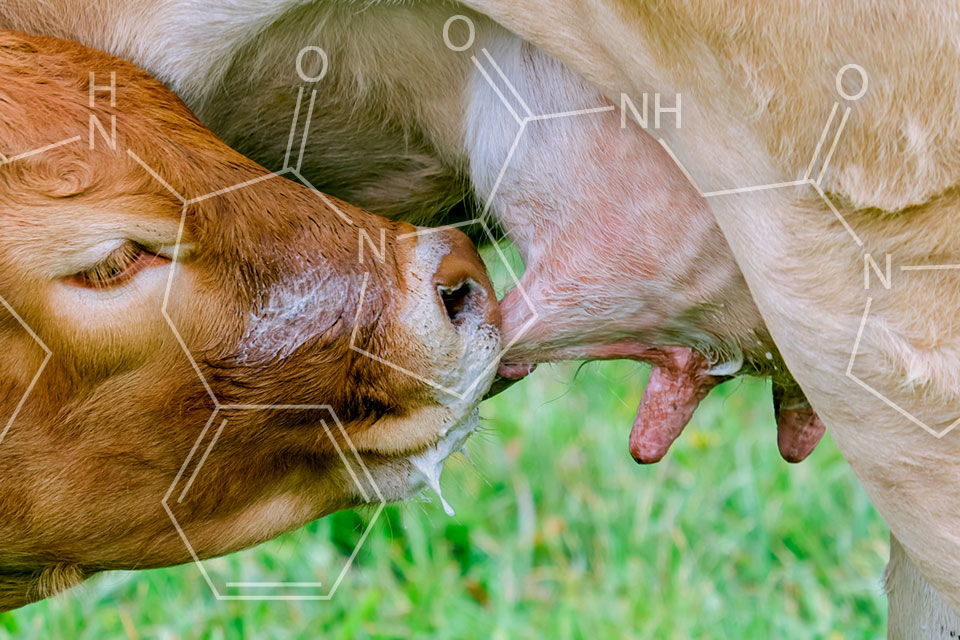Casomorphin

Is addiction to cheese only a joke or a figure of speech? Or perhaps there's science behind it? Why is it so difficult for some people to stop eating cheese, although they have already stopped eating meat (animals) and eggs (bird menstruation)?
What are casomorphins
Casein is a protein found in mammalian milk, mainly in cow's milk. When digesting cow's milk, casein is broken down into fragments, and one of the peptide fragments will form beta-casomorphin inside the intestine. Casomorphin is a naturally occurring opiate that—like opium—is used to produce pharmacological drugs such as morphine, codeine and oxytocin.
Casomorphins bind in the brain with opioid receptors, and cause a state of bliss and euphoria additionally enhanced by the fats found in milk. The cheese is a concentrated and fermented milk—a condensed mixture of casein, peptides and fats. Various production and fermentation processes lead to an increased amount of casein in dairy products, and—consequently—casomorphins in the body.
Addiction to cheese is the mildest side effect of a long-term diet rich in casomorphins. Casomorphins are also associated with central nervous system disorders, the formation of “bad” LDL cholesterol, sleep apnea, respiratory disorders, food allergies, type I diabetes, circulatory disorders, autism and even the so-called crib deaths of infants fed by mothers consuming dairy products.
Biological role of casomorphins
Milk is food for a baby mammal that is being breastfed for as long as the milk is produced by its mother. Consuming milk or milk products after infancy is not natural, as is the consumption of milk of another species (more in the section FACTS and VIDEOS).
The task of casomorphins is to strengthen the bond between the nursing mother and her child, and to trigger the infant's desire for the mother's milk. Casomorphin—like other opiates—relieve pain and anxiety, cause relaxation, and the already mentioned feeling of bliss and euphoria. Babies need the valuable nutrients found in mother's milk as well as a sense of security and tranquility which is given by a combination of physical contact with breastfeeding and casomorphins.





